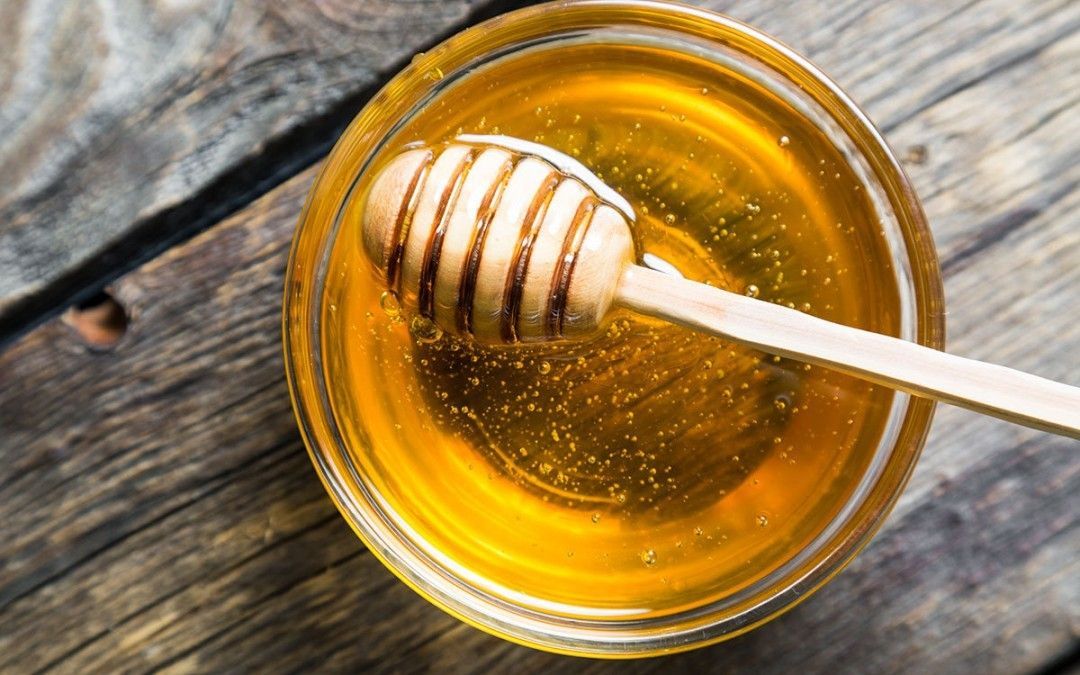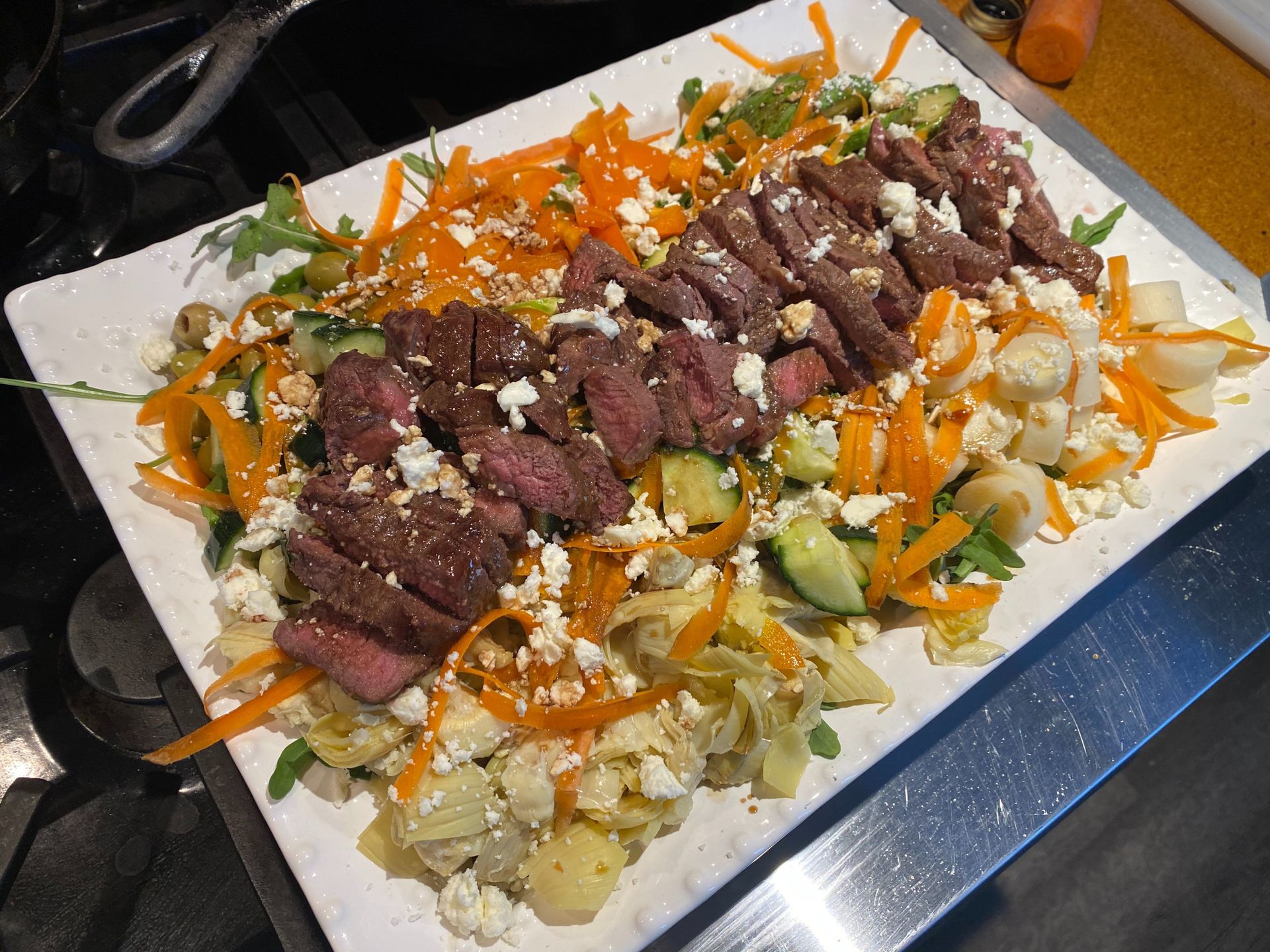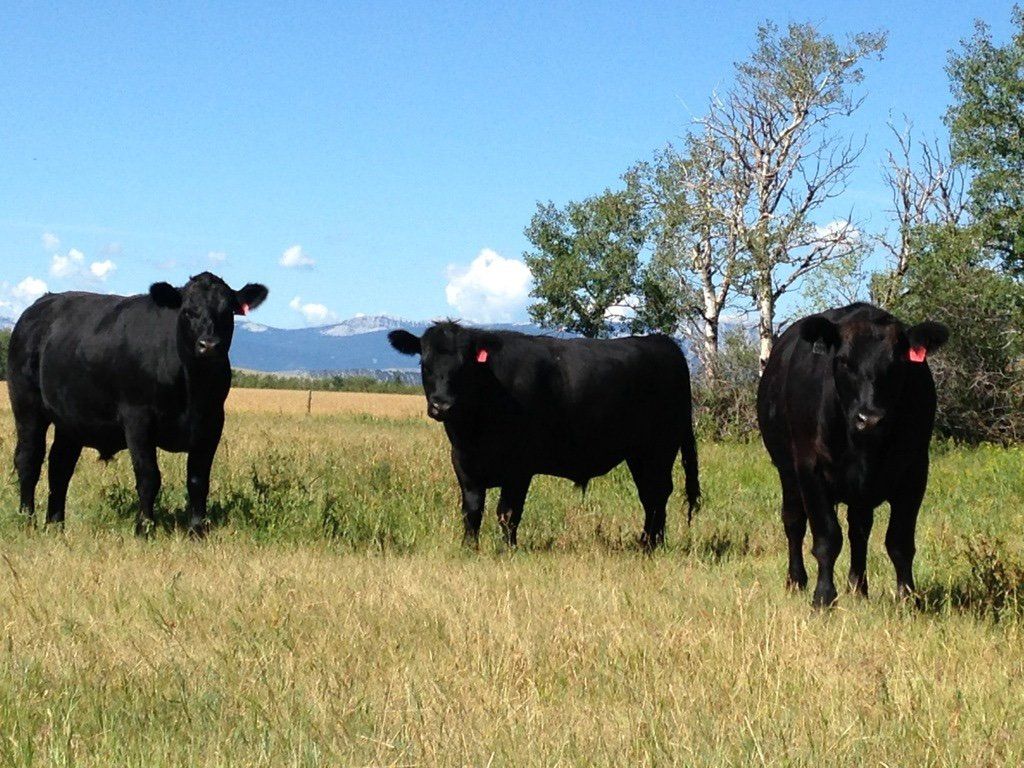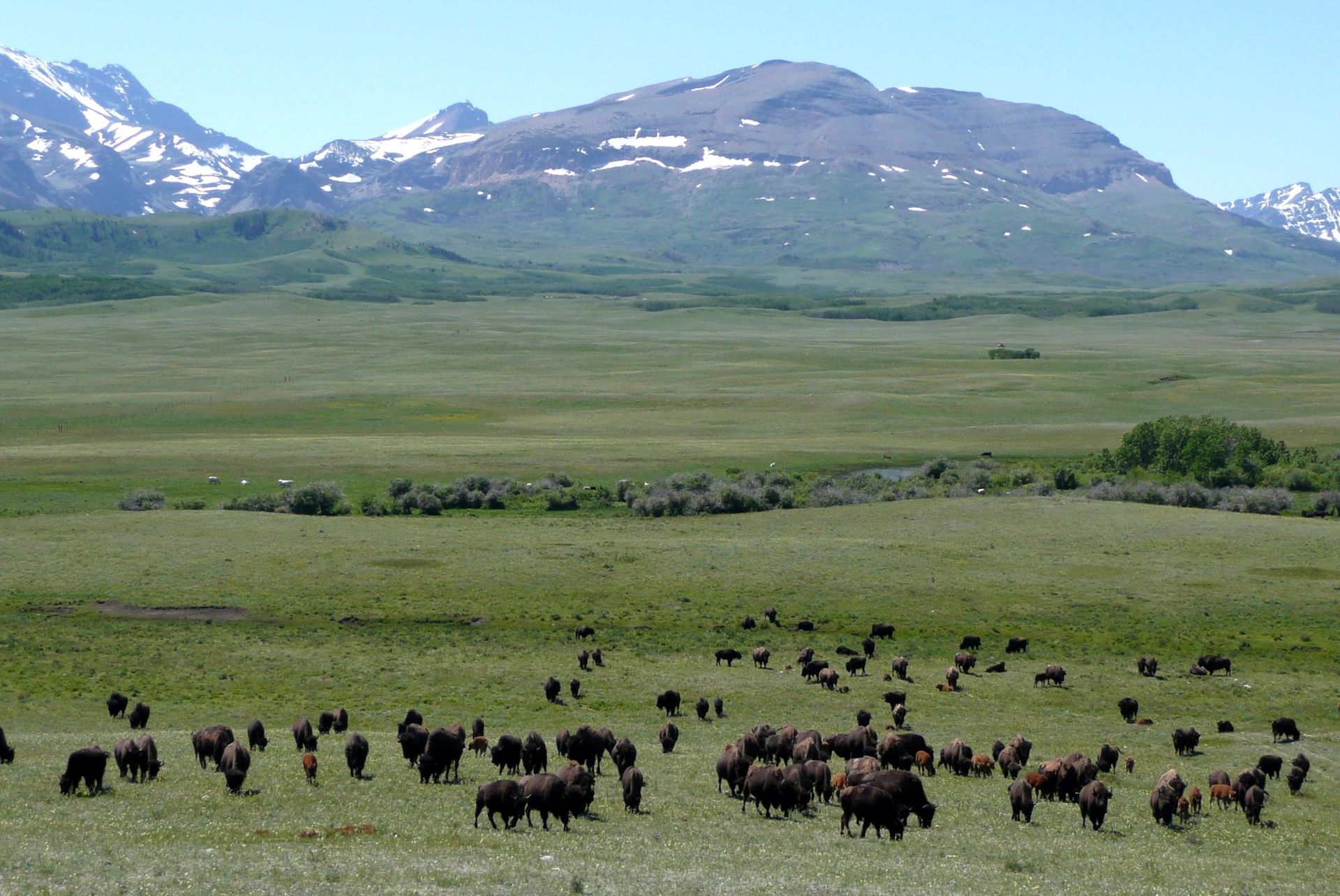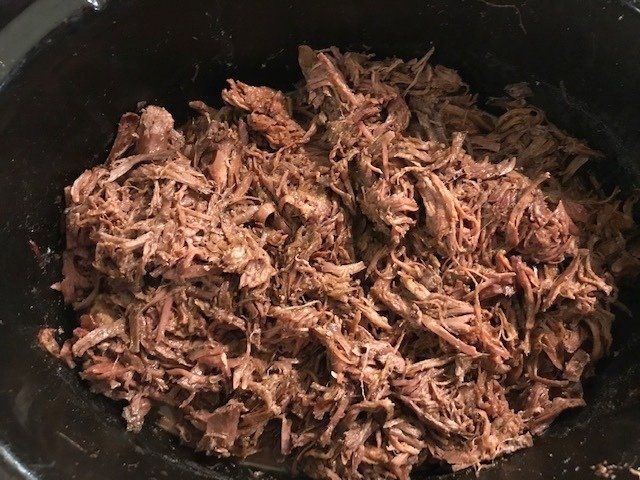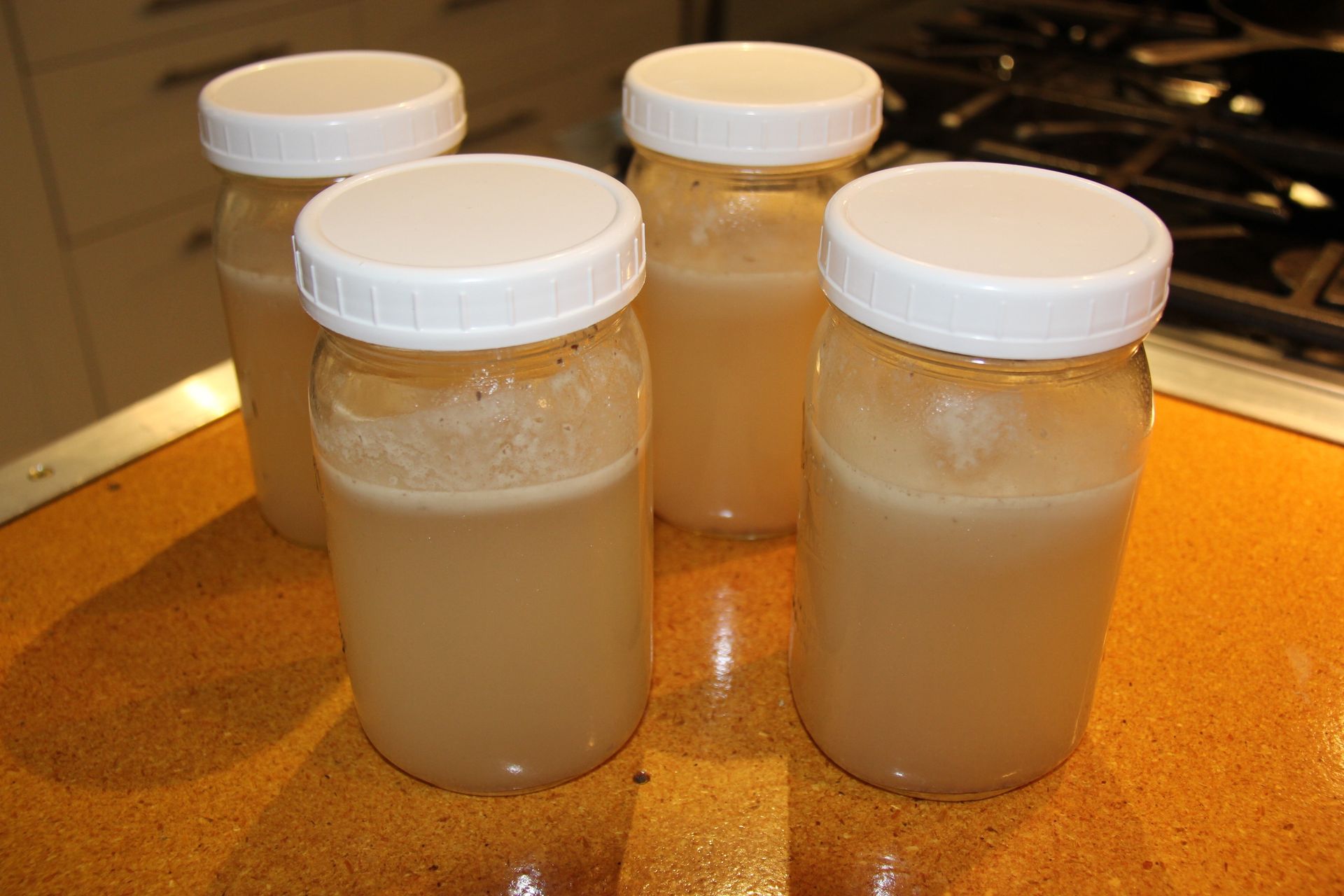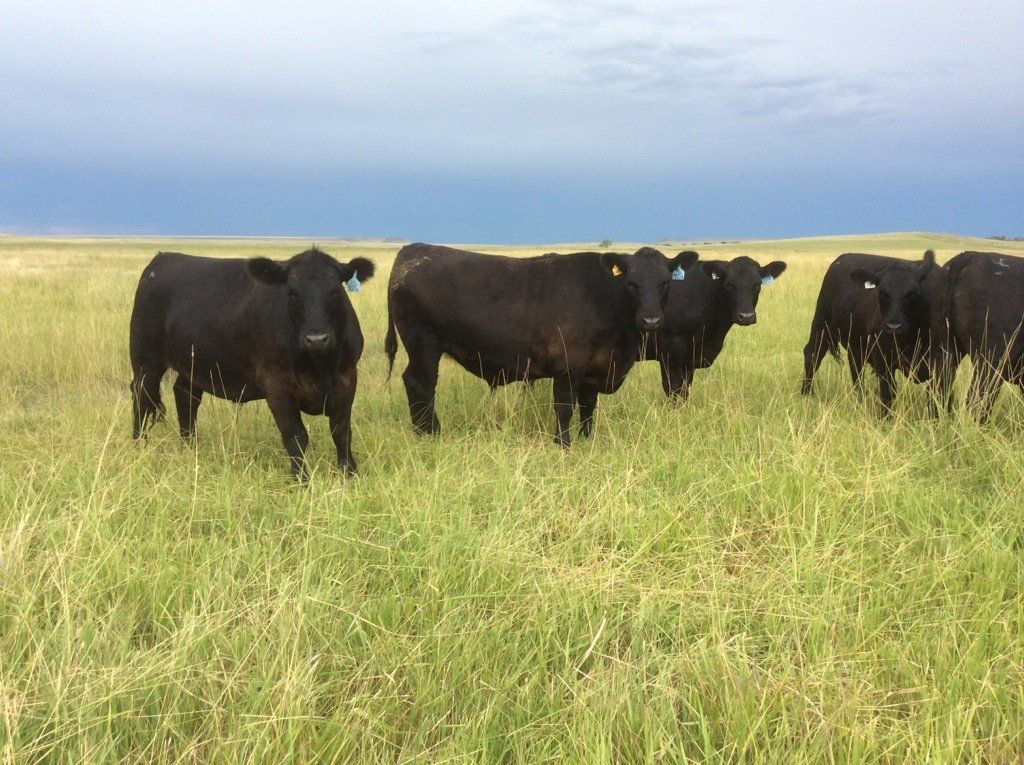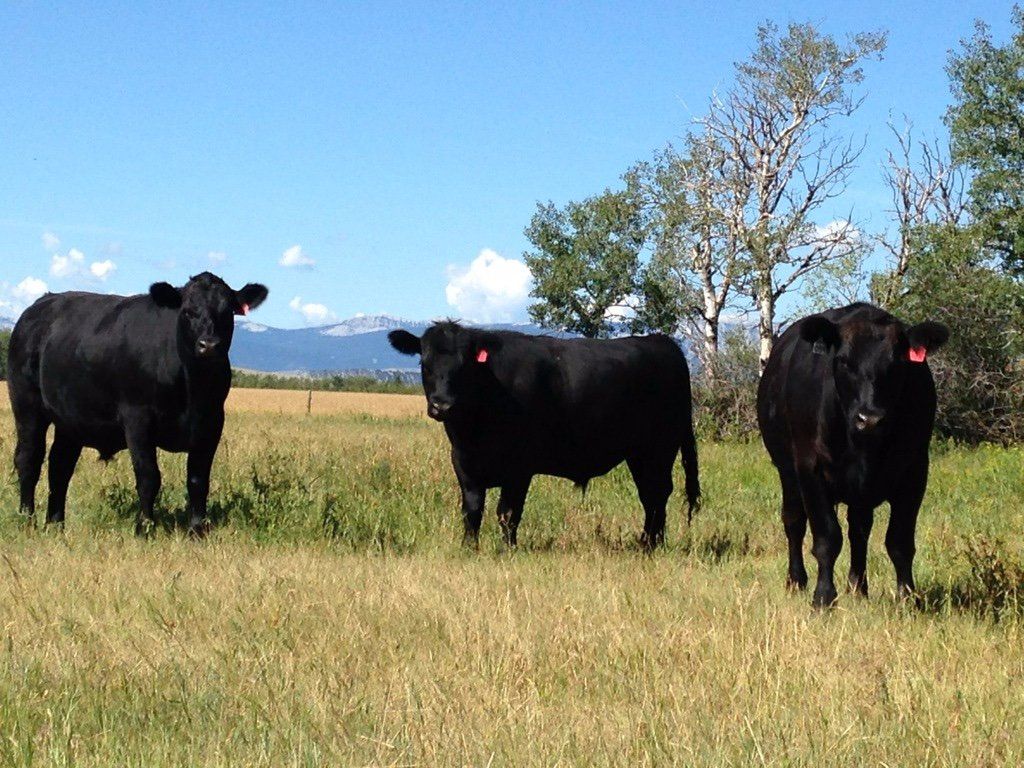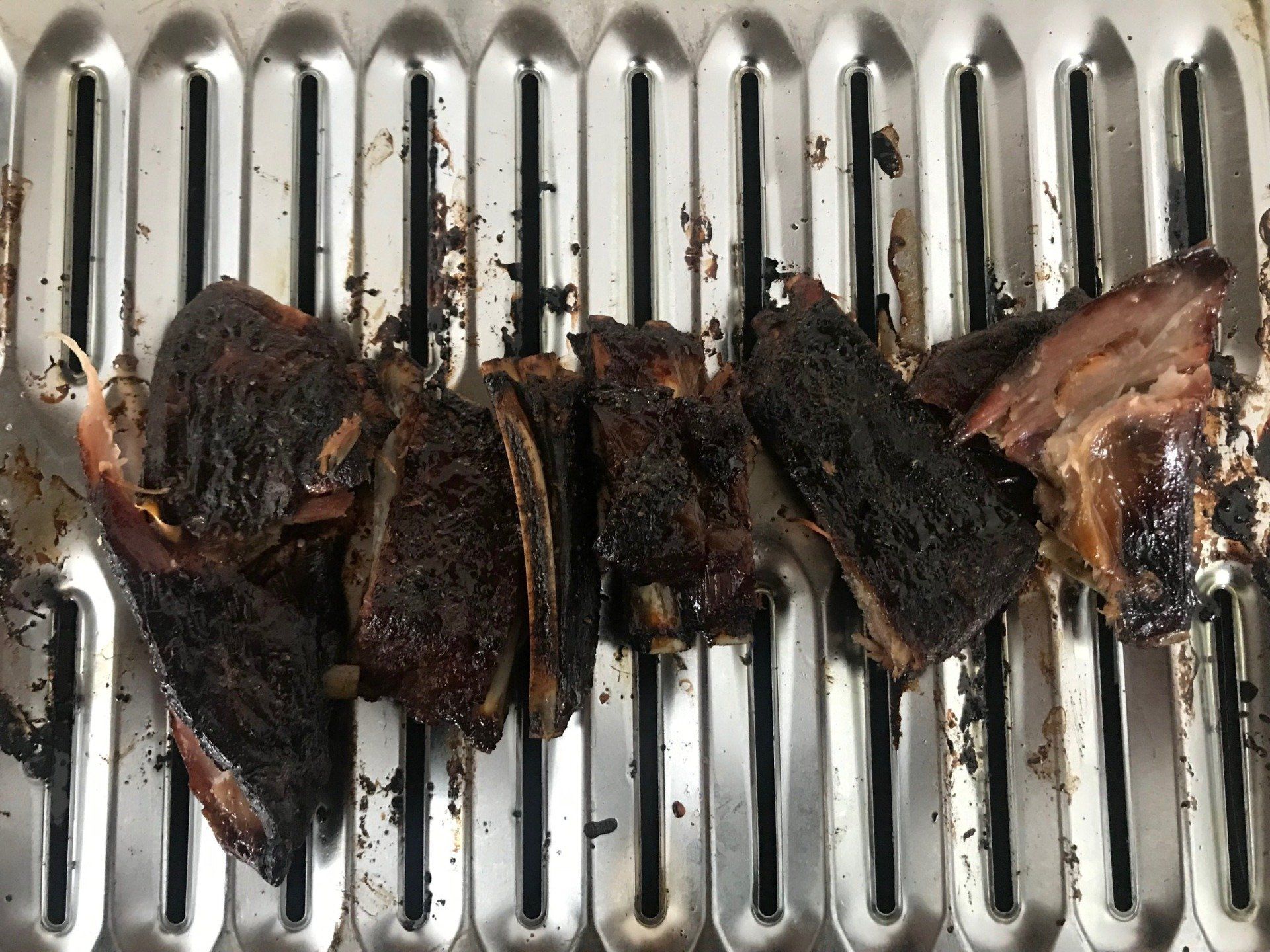Thoughts on Cooking Bison
I have some thoughts on cooking bison that I wanted to share
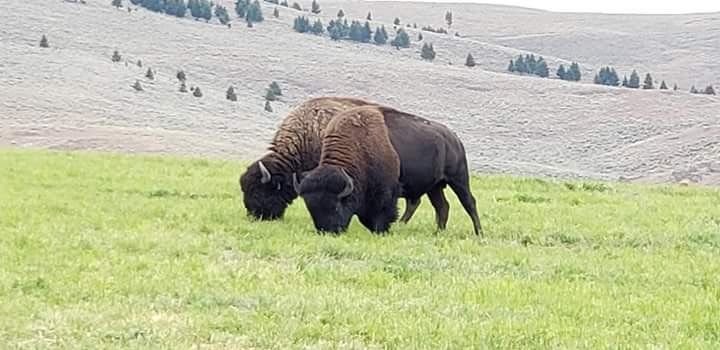
It is usually said that bison should be cooked at a lower temperature and for less time than beef, but I’m not sure I completely agree. Although bison steaks should be cooked low, slow, and for less time than beef, it has not been my experience that other cuts of bison work that way. Braising cuts are more my speciality than grilling cuts. You’d actually be horrified if you knew how many high end, super expensive steaks I have ruined….not kidding. Ironic isn’t it? A meat purveyor who can’t cook steaks? UGH!! I recently purchased a digital meat thermometer and I’m hoping that helps break the curse. But back to my point - I find that for anything other than steaks, bison needs to cook for quite a bit longer than beef. There is a rubbery quality about bison when it is under cooked. I fear that more than one, first time bison-eater has been turned off by this quality, blaming it on the beast itself, when it is actually user error. It took me a long time to figure it out myself; I used to wonder why it sometimes had a chewy texture and sometimes it did not - definitely my problem, not the meat.
Because cooking time varies depending on the individual cut and its size, I can’t even give you specifics on how long it needs to cook. I know that in my Instant Pot, I cook bison stew meat for about 7-8 minutes longer than beef stew meat. Roasts sometimes need to cook for 10-20 minutes longer than beef in the Instant Pot. I can also tell you that when your bison is cooked to doneness, you will be rewarded by tender, falling apart, delectable morsels that will make you wish you had more. So - I’ll keep you posted on my thoughts about the steaks after I use my thermometer and stop ruining them. But, for any other cut, do yourself a favor and go a little more than the recipe calls for - then test it. It if isn’t amazing, then it isn’t done yet!

